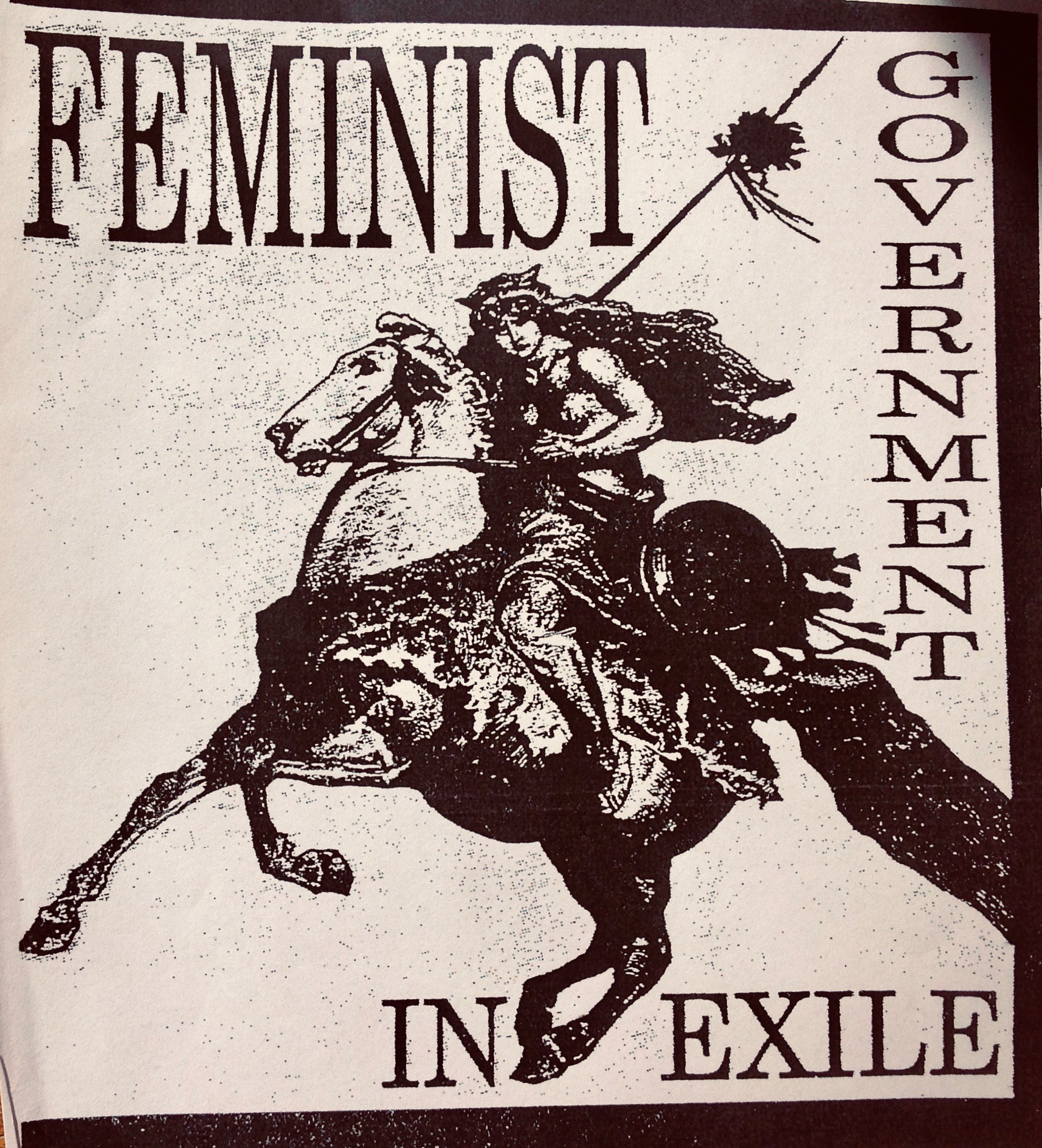
Globalization, Colonization,
and Feminism
In Post-Colonial Studies
This is a broad introduction to discussions of Post Colonial Studies.
The term “Third World” originated in 1955 at an international economics conference, where it was noted that African and Asian states didn’t fit neatly into Cold War power dynamics. The term came to represent the inequities of low income and low-consumption patterns. Today, these are not specifically geographic patterns, but can be present in any country, for example, Detroit, every Native American reservation, and post-Katrina New Orleans.
Feminists in the West thought about “Third World” women as a homogenized Other. As women, yes, but not Western, not modern, not liberated, not empowered. This reflects paternalistic “First World” thinking of the conqueror, as all Others are seen as passive, backwards, and powerless, and tend to seem indistinguishable. Little thought was given for decades to how the impact of COLONIALISM might have affected and continues to affect these women and men.
There are ongoing processes of Neo-Colonialism as sites of Third World women’s oppression. Like rape, these oppressions that result from colonialism and neo-colonialism are all about CONSENT.
Some diasporic and transnational issues rooted in colonialism and post colonialism are—
War and militarization
Climate change
Environmental degradation as lands and resources are plundered by transnational corporations and locals desperate for money.
Pandemic diseases
Human trafficking
Drug trafficking
Environmental Racism
Hollywood creating desire and alienation
Loss of cultural values and language
Sweatshops- a machine-speed life of near slavery
Debt trap- Structural Adjustment Programs
War and militarization causes the destruction of economic systems, infrastructures, the environment, and human lives. War also hinders food production and distribution, disrupts social and family networks, adds to women’s work of caring for injured and sick, and creates tens of millions of refugees, and is hardest on women and children.
Instead of the term Third World, or “underdeveloped” or “developing nations”, the equasion, coined by Post Colonial Studies is “ 1/3” and “ 2/3”. This describes more accurately the Global South. The Global South is where 2/3 of the world lives in poverty. This is a political distinction between the haves and the have not’s, that incorporates an analysis of power and agency. This naming helps to situate the 2/3rds as central to the definition of “A social majority”.
The pain of Immigration—“You suffer to come. Then once you’re here, you suffer more.”
“If my country weren’t poor, I wouldn’t be here.”
These issues all require a deepened analysis, particularly by the 1/3rd population of the world, that is spread throughout our education systems, in order for justice and equality to truly become a reality in our globalized world. Will it happen? It’s up to us.
back to list
